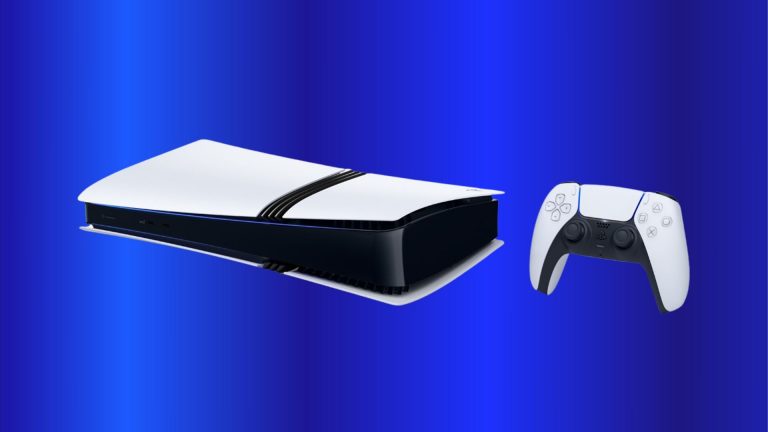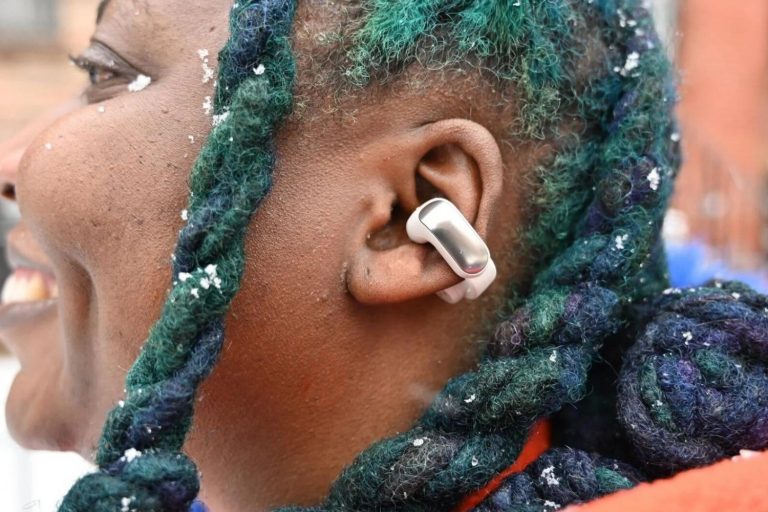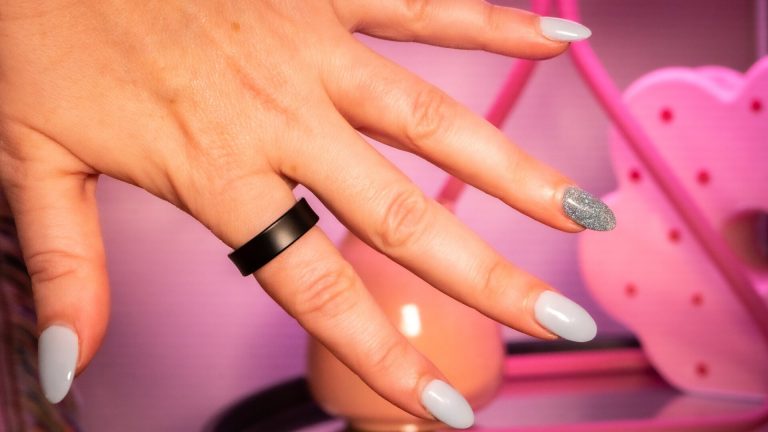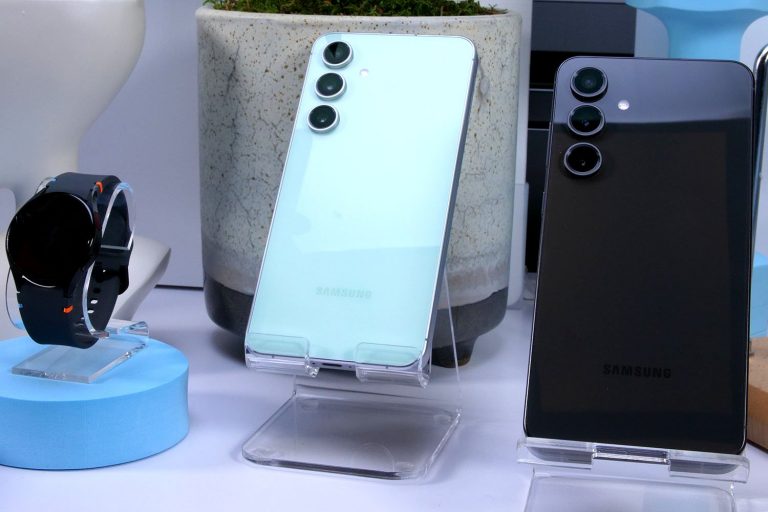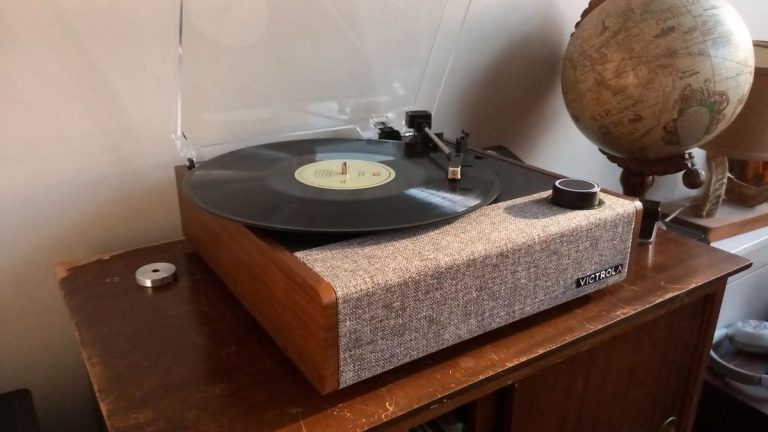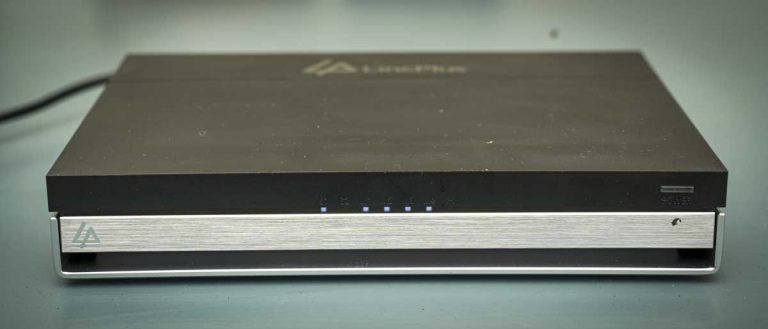Turtle Beach Atlas Air review: extreme comfort meets crystal clear audio
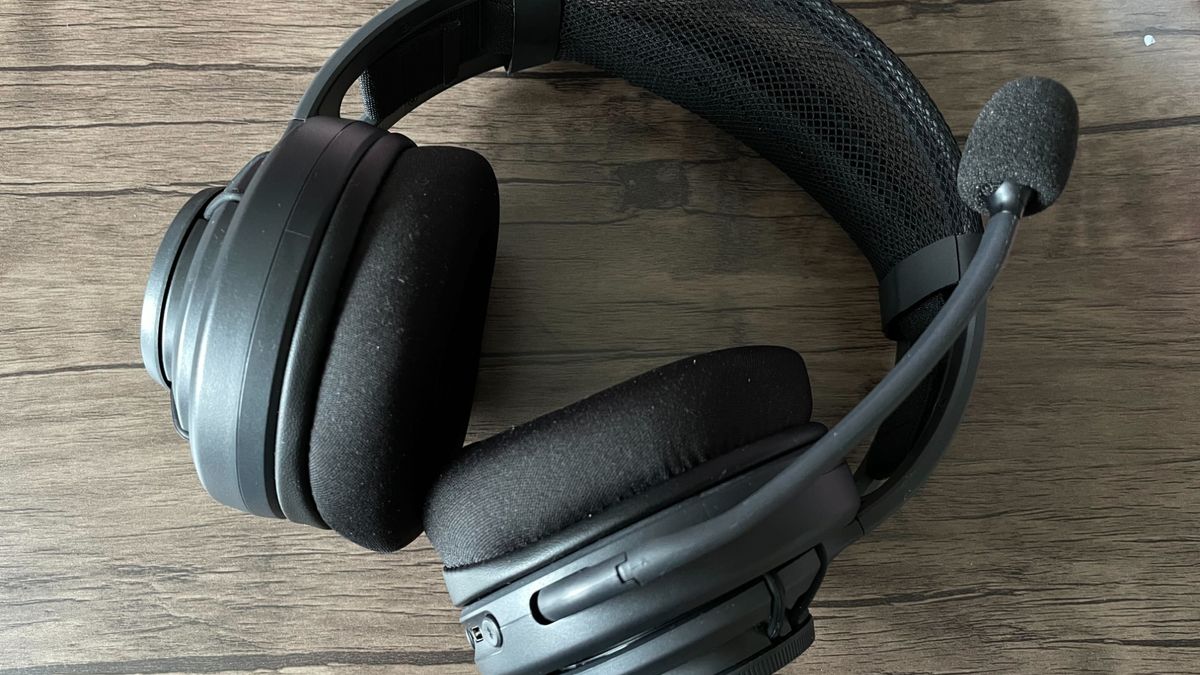
Turtle Beach Atlas Air: One-minute review
The Turtle Beach Atlas Air is up there as one of the best wireless gaming headsets. Its lightweight build houses a plethora of nice features to help put it among some of the best wireless gaming headsets, such as its easy-to-use flip-to-mute mic, floating ear cups, and convenient open-back design.
But outside of convenience, you’re getting crystal-clear audio supported by 40mm drivers with high-fidelity 24-bit audio. Your calls and party chats will be supported with in-built noise reduction and incredibly clear mic output, so your teammates have no excuse when it comes to heeding your instructions.
Its 50-hour battery life isn’t to be ignored either. I’ve spent around 70 hours with the headset and only needed to charge it once, so you’ll rarely need to abruptly stop a gaming session due to low battery. Even then, the quick-charge ability of the headset means you’ve only got to wait an hour or so for the battery to be fully charged and you can pick up where you left off.
If you’re looking for a way to sink even further into your favorite games, this is your way in, especially with compatibility across PC, Nintendo Switch, and PlayStation.
Turtle Beach Atlas Air: Price and availability
- $179.99 / £159.99 / AU$299
The Turtle Beach Atlas Air wireless headset launched on May 19, 2024. Retailing for $179.99 / £159.99 / AU$299, it falls in that upper mid-range category, but well worth the price once you start to consider its capabilities compared to other wireless headsets such as the HyperX Cloud III or the JBL Quantum 360X.
To put it into perspective, the Atlas Air is around $80 / £60 / AU$149 more expensive than the HyperX Cloud III, so it’s bound to offer a more extensive range of features as reflected in its price tag. If you’re a first-time headset buyer, this price difference can be pretty off-putting. But you’re investing in a headset that’s going to last you a while.
To coincide with the launch of the Atlas Air, Turtle Beach also released the Stealth 500 and Stealth 600 wireless headset models. Both of these headsets are more budget-friendly options, which I spent some time with alongside the Atlas Air. While they do seem more inviting for a first-time buyer they lack a huge number of features in comparison. For example, the Atlas Air is capable of delivering a more extensive sound profile. I never experienced audio peaking when in use, which I did with the Stealth 500. I also find the lighter build of the Atlas Air more comfortable after hours of use.
Turtle Beach Atlas Air: Specs
| Price | $179.99 / £159.99 / AU$299 |
| Weight | 301g (with mic) |
| Compatibility | PlayStation, PC, Nintendo Switch, Mobile |
| Connection type | Wireless 2.4GHz / Bluetooth 5.2 / Wired |
| Battery life | 50 hours |
| Features | Flip to mute high-bandwidth mic, floating ear cups, 40mm drivers |
| Software | Swarm II app |
Turtle Beach Atlas Air: Design and features
- World’s first floating ear cup design
- Detachable flip-to-mute mic
- Accessible and neat button layout on cups
One thing that stood out to me was the unique floating ear cup design on the Atlas Air. This means that the earcups are fully adjustable to fit your head perfectly, so regardless of how long you’re playing, you’ll never have to worry about the dull ache your ear feels with a lot of cheaper headsets. In terms of how this design is implemented, the center of both ear cups looks suspended by a few strips of elastic, which gives them more flexibility when wearing for an added layer of comfort.
In addition, the earcups are also made of soft memory foam, which is perfect for any glasses wearer. I’m used to the top of my ears starting to ache after a few hours due to where my glasses sit and the earcups pushing into my ears, but the design of the Atlas Air eliminates this.
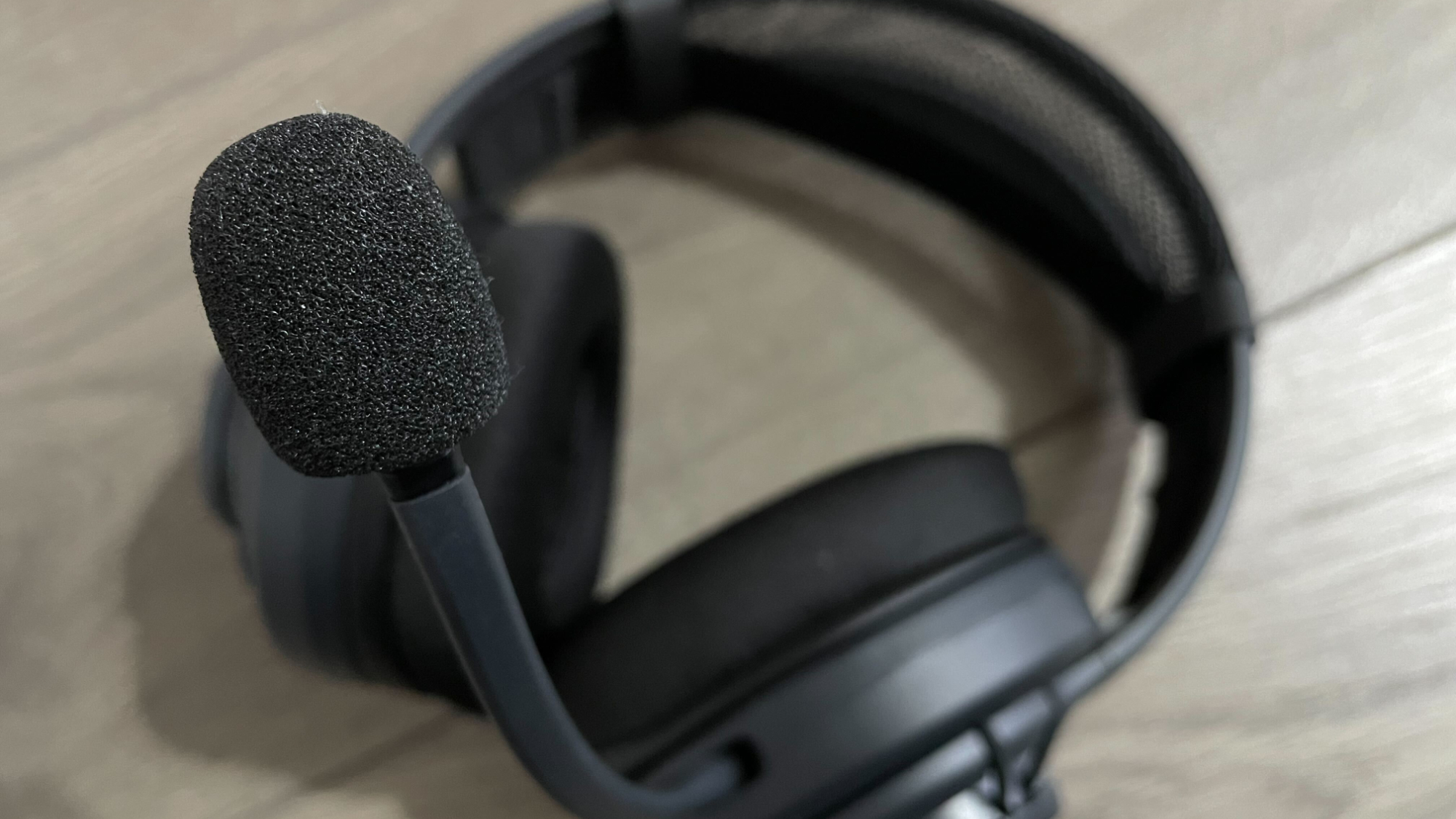
The cups are well equipped with buttons to help customize your experience too, and the layout doesn’t feel too congested. I never had to take my headset off to press buttons, which I usually find myself doing if they’re too close together and I’ve mis-clicked too many times on other headsets.
These buttons match the sturdy build quality of the headset, which makes a good change given how cheap the plastic feels on alternatives like the Stealth 500. The volume scroll wheel also has weight to it, which makes it feel like you’ve got more control over adjusting the volume. With all that said, then, the build quality alone goes a ways to justify the price tag.
The detachable flip-to-mute mic is another highlight. Usually, I opt for headsets with a mic that slides into the ear cup such as the SteelSeries Arctis Nova 7P since detachable mics risk getting lost the second I put them down. In comparison, the Atlas Air’s mic is so easy to set up, and call quality is excellent. The flip-to-mute function is a welcome addition since it’s stopped the need to tab between games to mute, and it’s an added convenience I’ll now look for in future headsets since it’s so much easier and faster than having to press a separate button.
Turtle Beach Atlas Air: Performance
- Crystal clear audio
- Customizable sound profiles for games
- Fantastic mic quality
As you’d expect from a fairly expensive wireless headset, the Atlas Air boasts stellar performance which I’ve only experienced from high-end wireless headsets like the SteelSeries Arctis Nova 7P. 40mm drivers with 24-bit audio quality mean you’ll be able to hear a huge range of sounds from whatever you’re playing, which will help to immerse you far deeper into whatever you’re playing. The extensive range picks up even the slightest of whispers, making stealth missions in games like Assassin’s Creed Mirage more thrilling, and alerting you of any distant threats. Plus, natural sounds like birds and wildlife in Red Dead Redemption 2 sound far clearer than if you were listening through speakers, and the surround sound puts you right into Valentine.
To add to the already impressive audio quality, sound profiles available through the Swarm II app can also elevate your gaming experience. These can be useful for games that require a little more attention to audio, such as first-person shooters that rely on you hearing the footsteps of your enemies like Escape from Tarkov or PUBG Battlegrounds. Although they aren’t essential to use to get the most out of the headset, they are a welcomed additional feature and something FPS players in particular will benefit from.
If you’re more of a co-op gamer, you won’t be disappointed by the audio quality of the microphone either. With detachable mics, I usually find the audio a bit crackly which I found was the case with the JBL Quantum 360X. Because of this, I was skeptical when it came to the mic on the Atlas Air. But, I was pleasantly surprised.
Having used a HyperX Cloud III for some time, which we praise as having the best microphone for a wireless headset, I thought it would be hard to beat, but even the people I was speaking to were quick to note how clear the sound was compared to my previous headset. Audio never peaked or cut out, even when speaking at a quieter volume. So despite my gripes with detachable mics in the past thanks to my experience with more budget-friendly headsets, the Atlas Air has convinced me that crystal clear audio without an additional mic is possible. As a result, I’ve definitely changed my tune after using this headset for 70 hours.
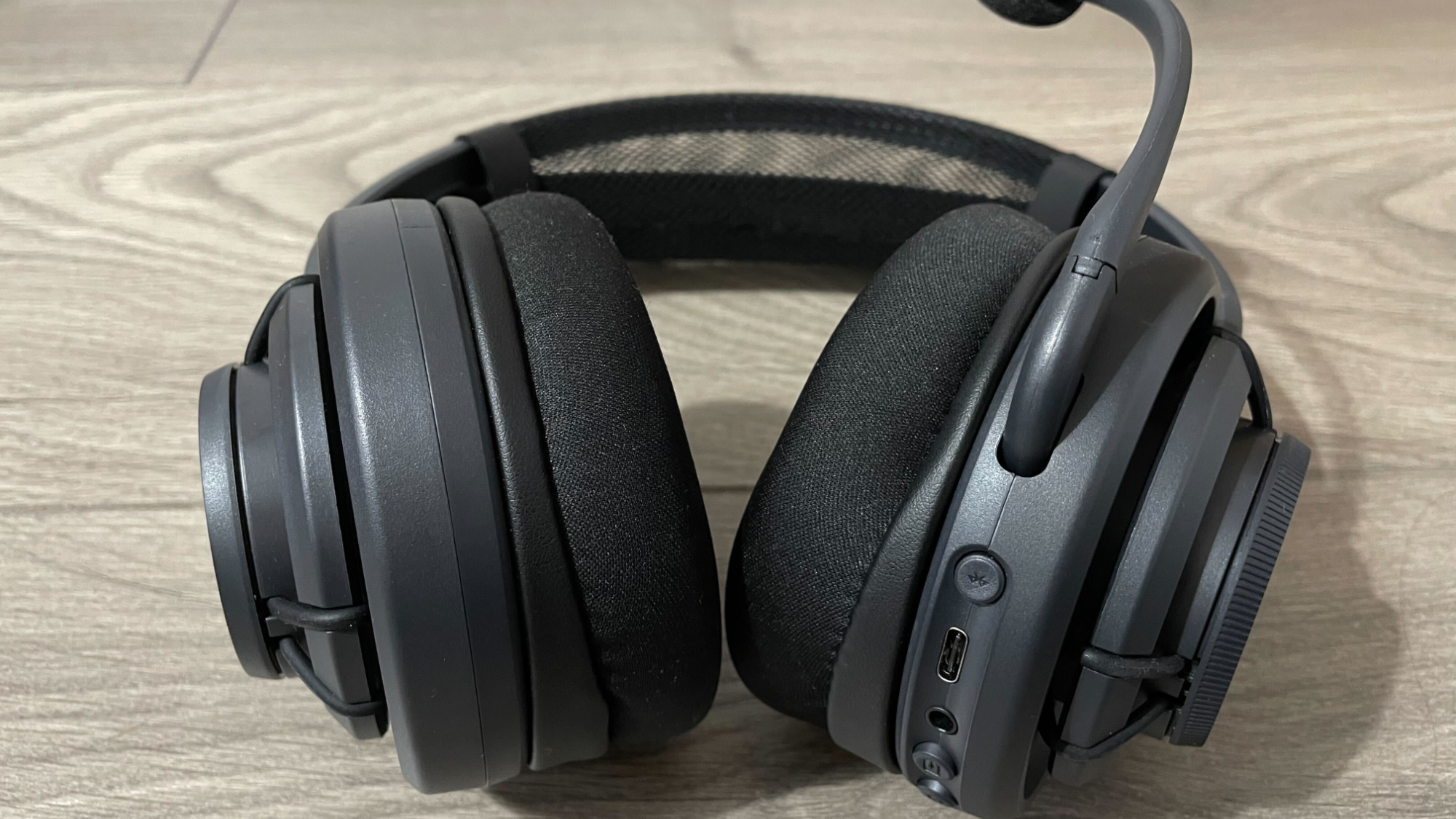
Should I buy the Turtle Beach Atlas Air?
Buy it if…
Don’t buy it if…
Also consider…
If you’re still not sold on the Turtle Beach Atlas Air, we’ve compared it to two similarly priced wireless gaming headsets.
| Row 0 – Cell 0 | Turtle Beach Atlas Air | SteelSeries Arctis Nova 7P | Razer Blackshark V2 Pro |
| Price | $179.99 / £159.99 / AU$299 | $179.99 / £174.99 / AU$349 | $179 / £179 / AU$299 |
| Weight | 301g | 323.85g | 320g |
| Compatibility | PlayStation, PC, Nintendo Switch, Mobile | PlayStation, PC, Nintendo Switch, Mobile | PC, PlayStation, Nintendo Switch |
| Connection type | Wireless 2.4GHz / Bluetooth 5.2 / Wired | 2.4GHz / Wired | 2.4GHz / Wired |
| Battery life | 50 hours | 38 hours | 70 hours |
| Features | Flip to mute high-bandwidth mic, floating ear cups, 40mm drivers | Dual channel audio, Bluetooth support, EQ presets, retractable mic | THX spatial audio, dual connectivity, PlayStation 3D audio |
| Software | Swarm II app | SteelSeries GG | THX Spacial Audio app |
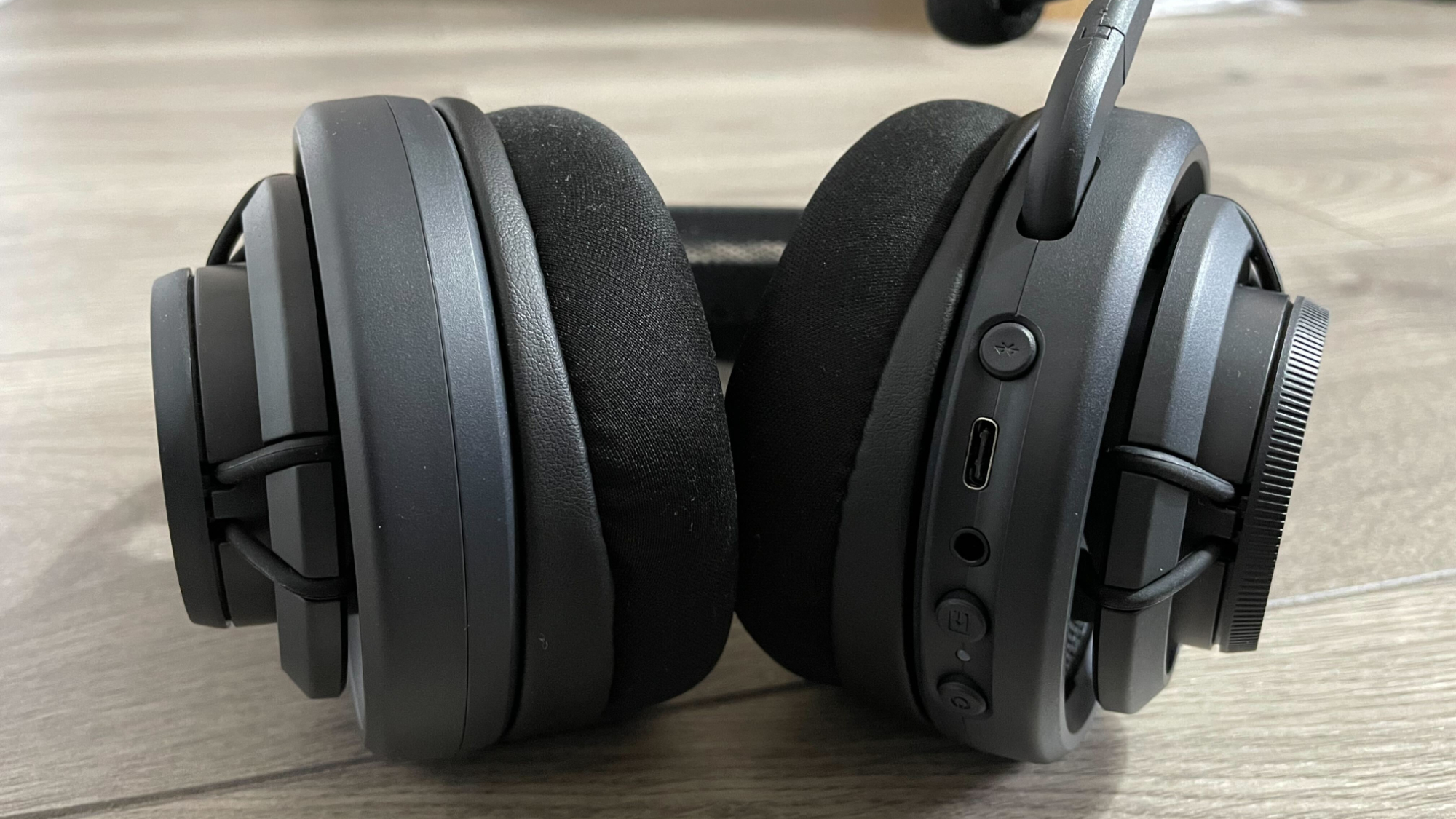
How I tested the Turtle Beach Atlas Air
- Tested for 70 hours
- Tested across PC and console
- Compared to other wireless gaming headsets at a similar price
I spent 70 hours testing the Turtle Beach Atlas Air across a variety of games to experience the extent of its audio profile. On PC, I played Overwatch 2, League of Legends, and Genshin Impact and was thoroughly impressed with how clear the audio was – especially in games that required more attention to audio cues like footsteps.
On PlayStation, I used the headset for Red Dead Redemption 2, and Tekken 8, and on Nintendo Switch for Dredge and The Legend of Zelda: Tears of the Kingdom. Across all platforms the quality of audio was consistent, and there was a lot of background foley I had missed when using just speakers.
To test the microphone, I used the headset for several hours during Discord calls and closely compared it to the quality of other headsets I’ve used in the past. This also served as a test of the battery life, since the Atlas Air is sold with the promise of 50 hours. Having used the headset straight out of the box, and for 70 hours total, I can confirm the battery lasts as long as promised. But, most importantly it charges incredibly quickly so you’ll be able to jump in exactly where you left off in no time.
For a fair comparison, I used the Atlas Air alongside headsets such as the SteelSeries Arctis Nova 7P and the HyperX Cloud III to see how it performs and compare the battery life. Both of the headsets I used to compare have been my go-to for a decent number of months, but the Atlas Pro has quickly replaced both in my setup. Outside of its stellar audio, its lightweight sleek design never caused any discomfort, and how easy it is to connect to console and PC was an instant win. Now it’s in my setup, it’ll take something twice as impressive to replace it.
First reviewed April to June 2024.
Source: www.techradar.com

